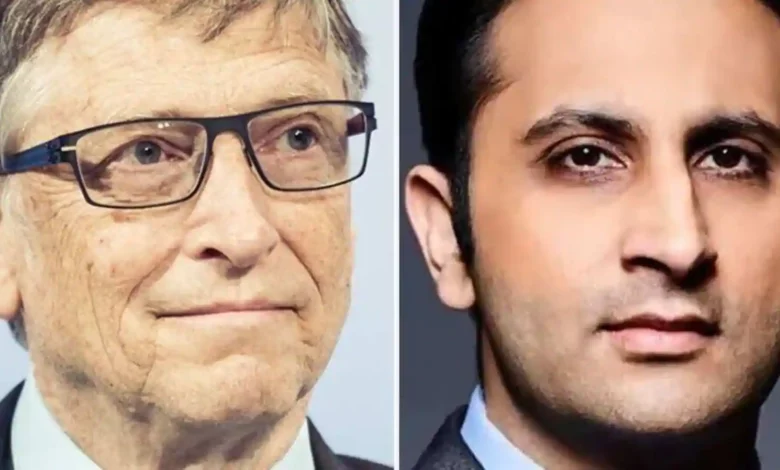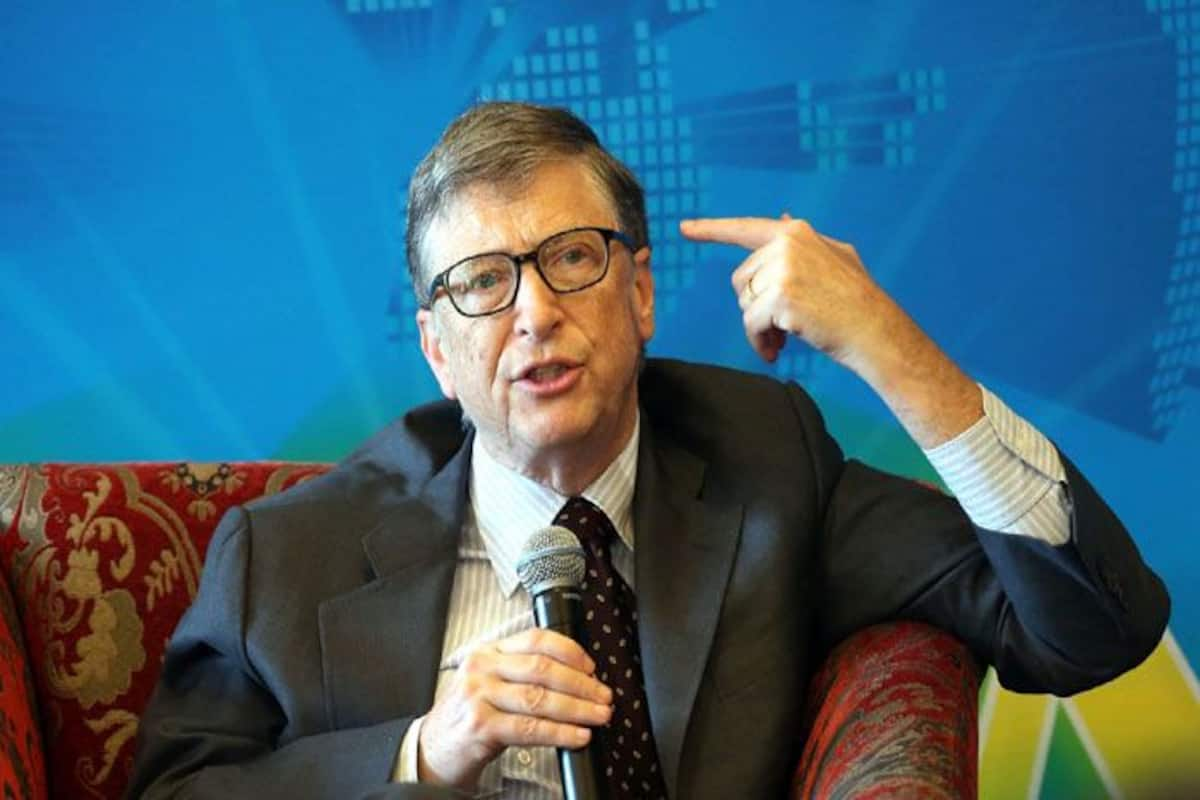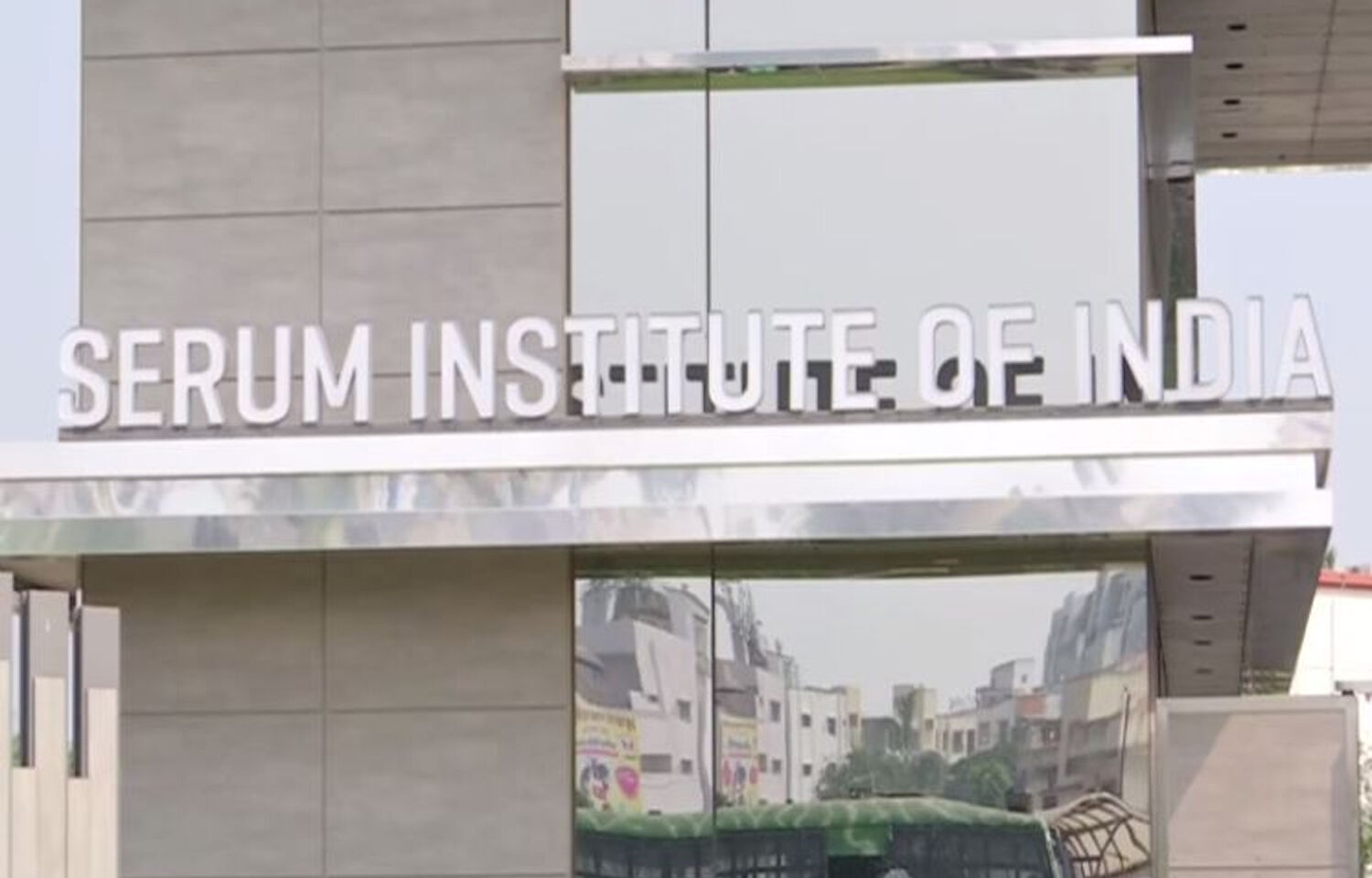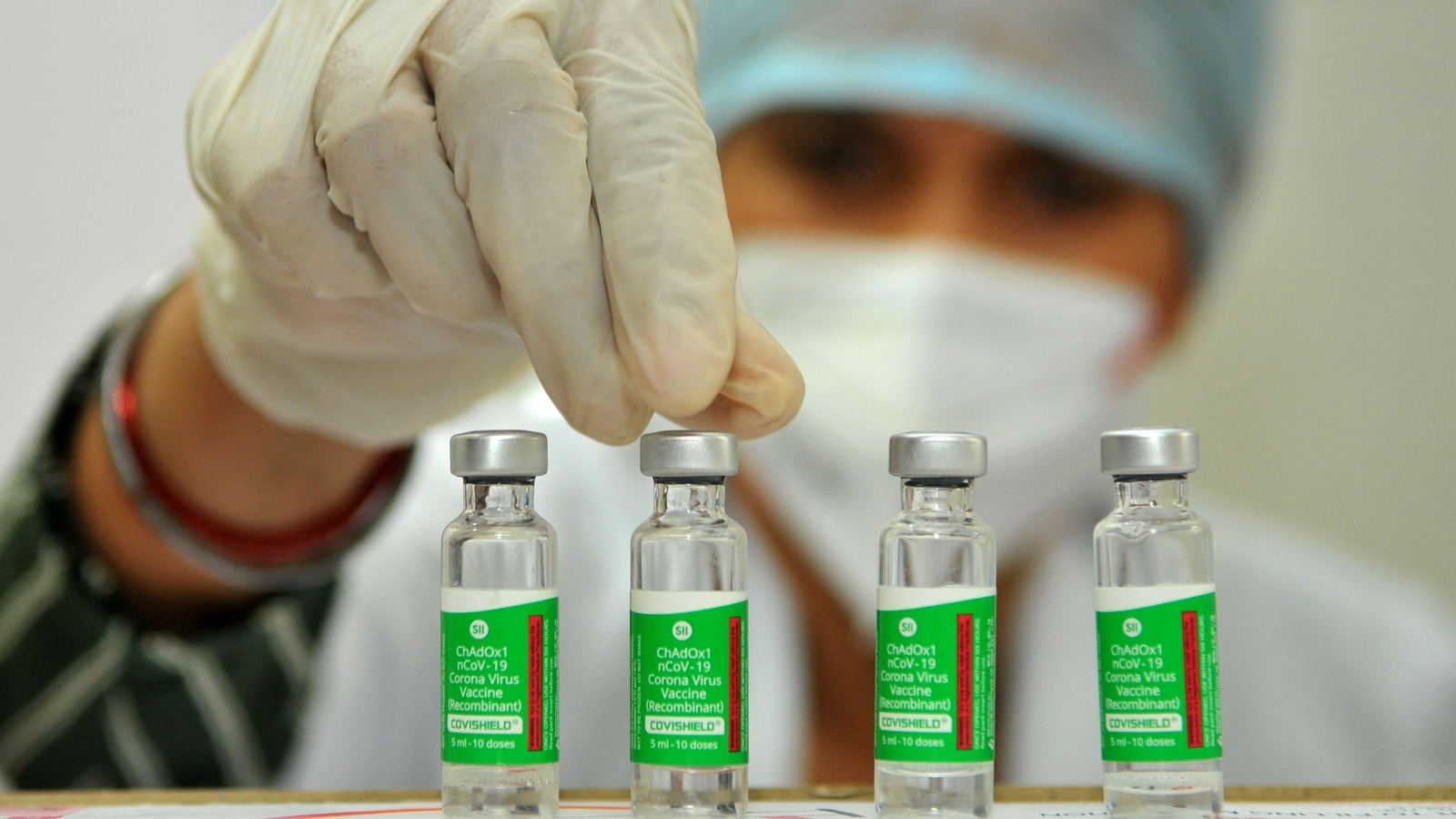Bill Gates, Serum Institute get Bombay HC notice after man claims Covishield side-effects killed daughter. SII Was Already Accused Of Selling Vaccines Without Fair Human Trials

After a man claimed Covishield side effects killed his daughter, Bill gates and Serum Institute received a notice from the Bombay High Court.
The Bombay High Court has asked the Serum Institute of India, Microsoft co-founder Bill Gates, and the Indian government for comments in response to a petition filed by a father who claimed that the side effects of the Covid-19 vaccine, Covishield, killed his daughter. The man has demanded payment from the vaccine maker in the amount of one billion rupees.
Dilip Lunawatwho is the petitioner, said that his daughter Snehal Lunawat was persuaded into getting the Covid -19 vaccine on January 28 at her college in Nashik because she met the requirements to be a “healthcare worker.”
Snehal was a senior lecturer and a medical professional at the SMBT dental college and hospital in Dhamangaon, Maharashtra. The father said that his daughter received the Covishield vaccine, which was developed by the Serum Institute of India. Dilip Lunawat claims that his daughter’s first dose was administered on January 28, 2021.

For several days after that, she had excruciating headaches and was sick. Her brain was bleeding when she was taken to the hospital, the father claimed in the court petition. And on March 1, Snehal passed away. The petitioner stated that Covishield’s side effects were to blame for his daughter’s demise.
According to the petition after being convinced by the allegedly false narrative, “Dr Snehal Lunawat administered her first dose of vaccine on January 28, 2021, and later on March 1, 2021, Sneha lost the battle of her life due to the immense side effects of the Covid-19 vaccine as claimed by her father, Dilip Lunawat.”
The Bill and Melinda Gates Foundation, whose organization worked with the Serum Institute to speed up the production and distribution of 100 million doses of the vaccine, has been contacted by the petitioner for a response. The Maharashtra, Union, and Indian Drug Controller General governments were also asked for their responses.
The petition cited a report that the Center’s adverse events after immunization (AEFI) committee delivered on October 2.
In the interview he gave to a news channel on January 4, 2021, respondent Dr. VG Somani, India’s drug controller general, categorically stated that the vaccines are 110% safe, according to the petition.
The news article’s published passage in which DCGI claimed the vaccine’s safety was also cited in the petition.
The statement read, “The vaccines are completely safe.” If there is even the slightest safety concern, we will never approve it.
According to the petition, the government was then charged with fabricating false reports and giving false information about the coronavirus vaccine.
“State authorities implemented the vaccine without proper verification based on such false narratives and misrepresentation by senior authorities like VG Somani and others, forcing health workers like the petitioner’s daughter to get the vaccine,” the petition claims.
Serum Institute Of India
Serum Institute of India (SII), an Indian biotechnology and pharmaceutical company, is based in Pune. It is a division of the Cyrus Poonawalla Group and was founded by Cyrus Poonawalla in 1966. It’s the world’s biggest vaccine producer.
In the Indian city of Pune, the Serum Institute of India was founded in 1966. Producing immunobiological, which were expensive to import into India, was the company’s aim. Some of the first products the Serum Institute of India produced in large quantities included the tetanus antitoxin, snake venom, DPT vaccine, and MMR vaccine. The enlargement of the product line of the company was to include more vaccines against bacteria or viruses, combination vaccines, influenza vaccines, and meningococcal vaccines. In addition to vaccines, the company also creates antisera, blood plasma, and hormone products.

The Serum Institute of India produces vaccines that are used by the World Health Organization (WHO), UNICEF, and Pan American Health Organization in their worldwide immunisation campaigns as of 2014. (PAHO). The Serum Institute of India, which conducts research, development, and manufacturing, is currently managed by the Poonawalla Group.
In 2009, the company started developing an intranasal swine flu vaccine. The company’s first foreign acquisition in 2012 was the biopharmaceutical firm Bilthoven Biologicals, based in the Netherlands. The US-based Mass Biologics of University of Massachusetts Medical School helped the Serum Institute of India develop the Rabies Human Monoclonal Antibody (RMAb), also known as Rabishield, in 2016.
By the year 2020, the company will be the largest vaccine manufacturer in the world, producing about 1.5 billion doses of vaccines annually. The poliomyelitis vaccine Poliovac and the tuberculosis vaccine Tubervac are among the company’s creations (BCG).
The development of the Covid-19 vaccine
The company has partnered with multinational British-Swedish pharmaceutical company AstraZeneca, which is developing AZD1222 in collaboration with the University of Oxford (Covishield).
According to reports, the Serum Institute of India will provide 100 million (10 crores) doses of the vaccine to India and other low- and middle-income countries. By the end of 2021, this goal was raised to 1 billion doses.
The price per dose is estimated to be $2.25. After a volunteer in Oxford became ill after receiving the vaccination in September 2020, DCGI put the trials on hold. However, they were quickly resumed with the approval of the British regulators. One month after the Serum Institute of India requested emergency approval in December 2020, the vaccine created in collaboration with AstraZeneca was approved. A deal was made in March 2021 to send some doses to the UK.
Additionally, the NVX-CoV2373 (Covovax) vaccine will be made for India and other low- and middle-income countries by Serum Institute of India and Novavax. The business will also manufacture Codagenix’s COVID-19 nasal vaccine.
Following DCGI approval, the company is also working with the Gamaleya Research Institute of Epidemiology and Microbiology to produce the Sputnik V vaccine in India. In September of that same year, SII will start producing Sputnik V doses, according to a press release from RDIF on July 13, 2021. They intend to manufacture more than 300 million doses of the vaccine each year in India.
Covishield’s effectiveness
Information on the vaccination status of Covid-19 cases among medical staff at our facility in Puducherry, India, and an equal number of matched controls (positive and negative for SARS-CoV-2 by RT-PCR) was discovered using a test-negative case-control design. Age (3 years) and testing date (3 days) were matched between the cases and controls.
Odds ratios (OR) were calculated between the groups using multivariable conditional logistic regression, with adjustments made for gender, occupational role, the presence of symptoms, and the presence of comorbid conditions. Calculated as 100 x, vaccine effectiveness (VE) as a percentage (1-adjusted odds ratio).

In order to prevent Covid-19 infection, one dose was more effective than two doses by 49% (95% CI: 17%-68%) and 54% (27%-71%), respectively, according to data from 360 case-control pairs. 203 pairs of data from which both the case and the control had symptoms were subjected to a separate analysis due to a difference in the proportion of cases and controls who had symptoms. The results showed VE of 58% (28%-75%) and 64% (38%-78%) after one dose and two doses, respectively. Following any number of vaccine doses, VE was 95% (44%-100%) in cases with moderately severe diseases that required oxygen therapy.
With a significantly higher level of protection against severe disease after two doses of the Covishield vaccine than after one, it significantly reduced the risk of contracting Covid-19.
edited and proofread by nikita sharma



